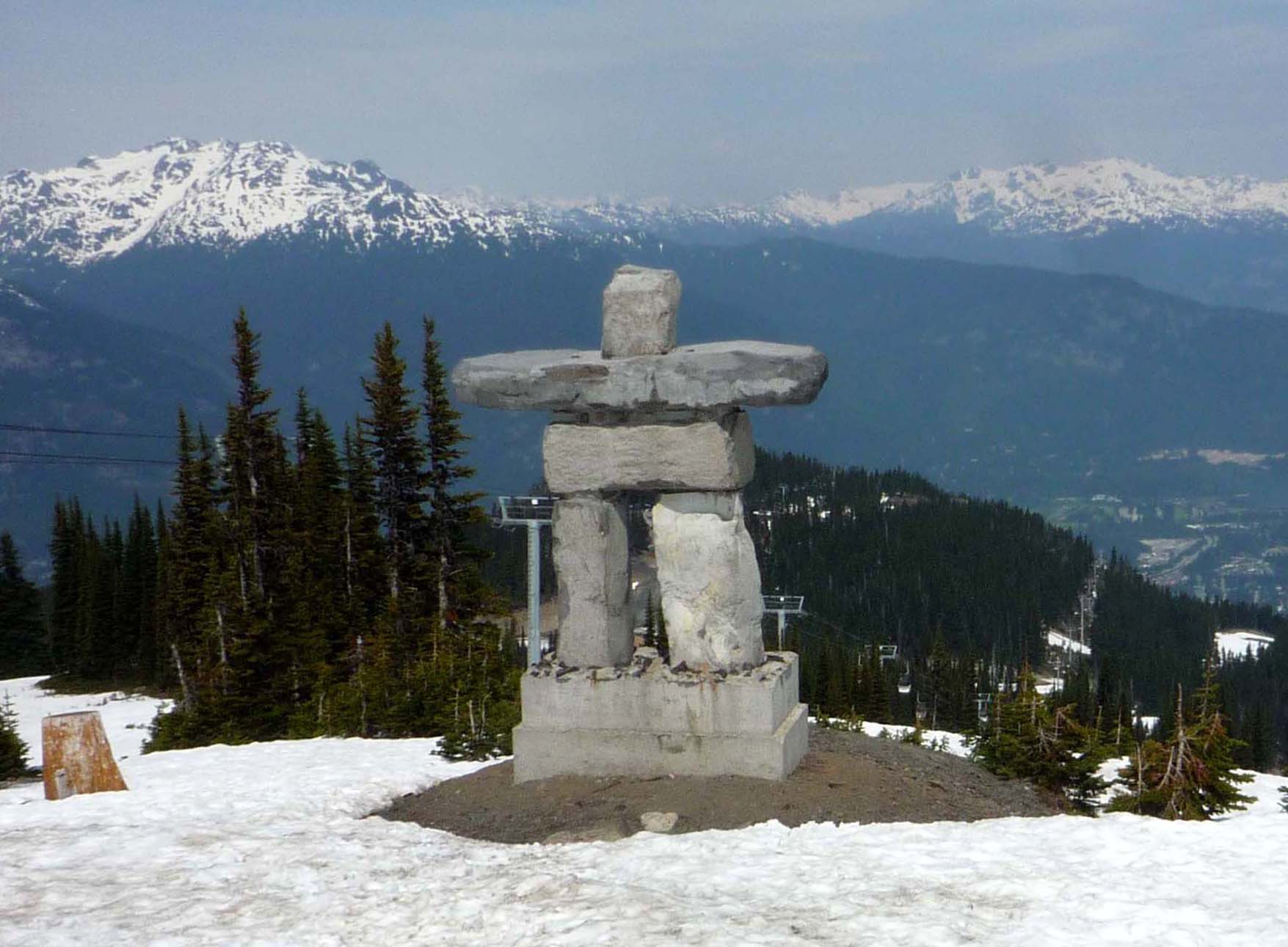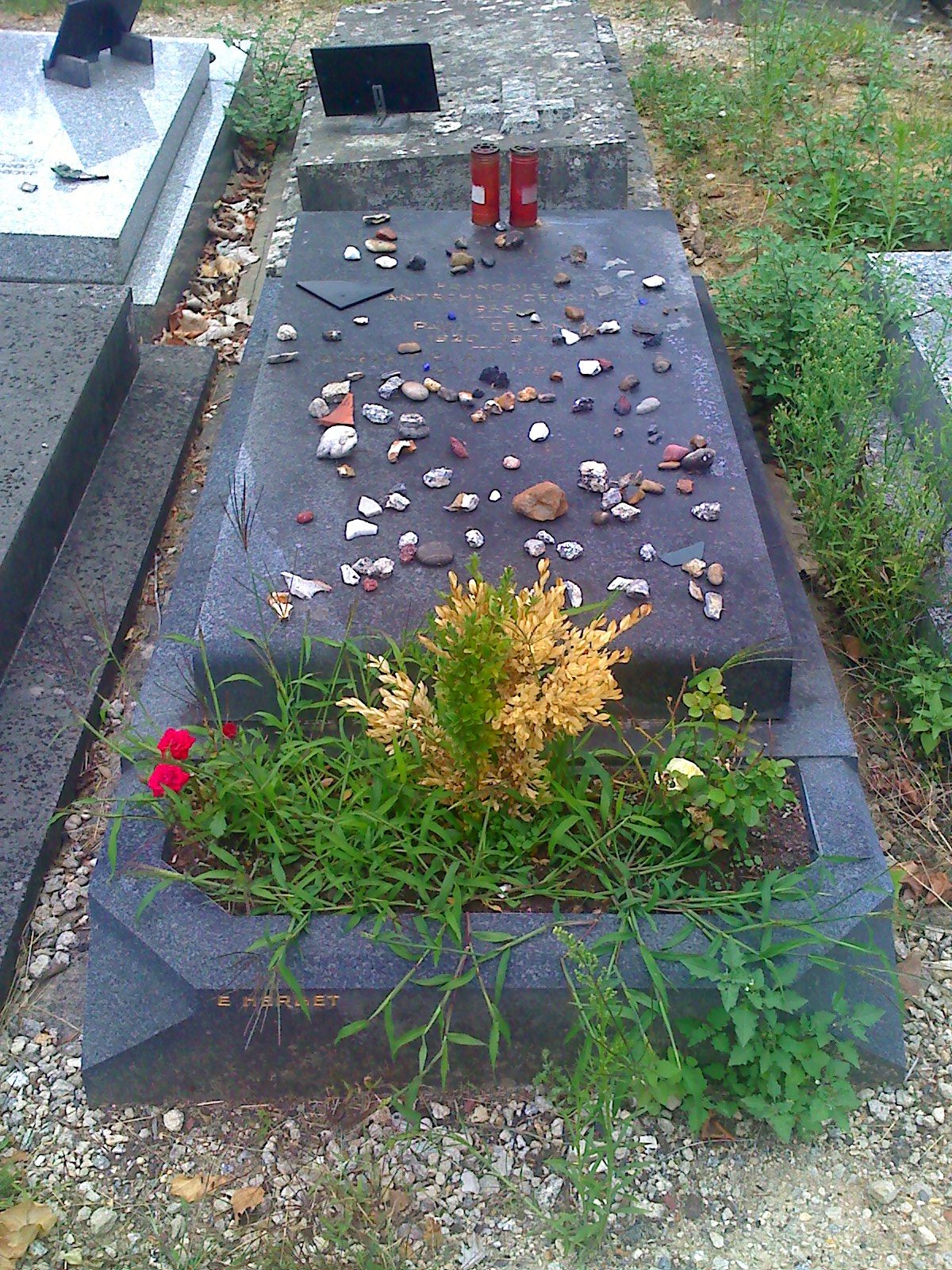|
Nikolai Popov
Nikolai Boris Popov ( bg, Николай Борис Попов) (born 1952) is a translator. Life He graduated from University of Washington, with a Ph.D., in 1994. In 2001, he participated at a conference at University of Iowa International Writing Program. He teaches English and Comparative Literature at the University of Washington. A James Joyce scholar and translator, he co-translated with Heather McHugh a collection of the poems of Blaga Dimitrova, and Paul Celan. On May 13, 2012, he fell into a crevasse while skiing near Whistler but was unscathed. From 1987 to 2010 he was married to poet Heather McHugh. Awards *2001 Griffin Poetry Prize The Griffin Poetry Prize is Canada's most generous poetry award. It was founded in 2000 by businessman and philanthropist Scott Griffin. Before 2022, the awards went to one Canadian and one international poet who writes in the English language. ... Translations * References External linksNikolai Popov, Harper's Magazine* Grif ... [...More Info...] [...Related Items...] OR: [Wikipedia] [Google] [Baidu] |
Griffin Poetry Prize
The Griffin Poetry Prize is Canada's most generous poetry award. It was founded in 2000 by businessman and philanthropist Scott Griffin. Before 2022, the awards went to one Canadian and one international poet who writes in the English language. In 2022, the two awards were consolidated into a single international prize of CAD$130,000. Shortlisted poets are awarded CAD$10,000, and a Lifetime Recognition Award comes with an award of CAD$25,000. History In April 2000, Scott Griffin started the Griffin Trust to raise public awareness of the crucial role poetry plays in society's cultural life. Griffin served as its Chairman, with Trustees Margaret Atwood, Robert Hass, Michael Ondaatje, Robin Robertson and David Young. In June 2004, Carolyn Forché joined the board of Trustees. New trustees have been named as follows: in 2014, Karen Solie, Colm Tóibín and Mark Doty, in 2016, Jo Shapcott and Marek Kazmierski, in 2018, Ian Williams and in 2020, Sarah Howe. Margaret Atwood, Robert ... [...More Info...] [...Related Items...] OR: [Wikipedia] [Google] [Baidu] |
Translators From German
Translation is the communication of the meaning of a source-language text by means of an equivalent target-language text. The English language draws a terminological distinction (which does not exist in every language) between ''translating'' (a written text) and ''interpreting'' (oral or signed communication between users of different languages); under this distinction, translation can begin only after the appearance of writing within a language community. A translator always risks inadvertently introducing source-language words, grammar, or syntax into the target-language rendering. On the other hand, such "spill-overs" have sometimes imported useful source-language calques and loanwords that have enriched target languages. Translators, including early translators of sacred texts, have helped shape the very languages into which they have translated. Because of the laboriousness of the translation process, since the 1940s efforts have been made, with varying degrees ... [...More Info...] [...Related Items...] OR: [Wikipedia] [Google] [Baidu] |
Translators To English
Translation is the communication of the meaning of a source-language text by means of an equivalent target-language text. The English language draws a terminological distinction (which does not exist in every language) between ''translating'' (a written text) and '' interpreting'' (oral or signed communication between users of different languages); under this distinction, translation can begin only after the appearance of writing within a language community. A translator always risks inadvertently introducing source-language words, grammar, or syntax into the target-language rendering. On the other hand, such "spill-overs" have sometimes imported useful source-language calques and loanwords that have enriched target languages. Translators, including early translators of sacred texts, have helped shape the very languages into which they have translated. Because of the laboriousness of the translation process, since the 1940s efforts have been made, with varying degree ... [...More Info...] [...Related Items...] OR: [Wikipedia] [Google] [Baidu] |
Bulgarian Translators
Bulgarian may refer to: * Something of, from, or related to the country of Bulgaria * Bulgarians, a South Slavic ethnic group * Bulgarian language, a Slavic language * Bulgarian alphabet * A citizen of Bulgaria, see Demographics of Bulgaria * Bulgarian culture * Bulgarian cuisine, a representative of the cuisine of Southeastern Europe See also * * List of Bulgarians, include * Bulgarian name, names of Bulgarians * Bulgarian umbrella, an umbrella with a hidden pneumatic mechanism * Bulgar (other) * Bulgarian-Serbian War (other) The term Bulgarian-Serbian War or Serbian-Bulgarian War may refer to: * Bulgarian-Serbian War (839-842) * Bulgarian-Serbian War (853) * Bulgarian-Serbian wars (917-924) * Bulgarian-Serbian War (1330) * Bulgarian-Serbian War (1885) * Bulgarian-Serbi ... {{disambiguation Language and nationality disambiguation pages ... [...More Info...] [...Related Items...] OR: [Wikipedia] [Google] [Baidu] |
University Of Washington Faculty
A university () is an institution of higher (or tertiary) education and research which awards academic degrees in several academic disciplines. Universities typically offer both undergraduate and postgraduate programs. In the United States, the designation is reserved for colleges that have a graduate school. The word ''university'' is derived from the Latin ''universitas magistrorum et scholarium'', which roughly means "community of teachers and scholars". The first universities were created in Europe by Catholic Church monks. The University of Bologna (''Università di Bologna''), founded in 1088, is the first university in the sense of: *Being a high degree-awarding institute. *Having independence from the ecclesiastic schools, although conducted by both clergy and non-clergy. *Using the word ''universitas'' (which was coined at its foundation). *Issuing secular and non-secular degrees: grammar, rhetoric, logic, theology, canon law, notarial law.Hunt Janin: "The university i ... [...More Info...] [...Related Items...] OR: [Wikipedia] [Google] [Baidu] |
1952 Births
Year 195 ( CXCV) was a common year starting on Wednesday (link will display the full calendar) of the Julian calendar. At the time, it was known as the Year of the Consulship of Scrapula and Clemens (or, less frequently, year 948 ''Ab urbe condita''). The denomination 195 for this year has been used since the early medieval period, when the Anno Domini calendar era became the prevalent method in Europe for naming years. Events By place Roman Empire * Emperor Septimius Severus has the Roman Senate deify the previous emperor Commodus, in an attempt to gain favor with the family of Marcus Aurelius. * King Vologases V and other eastern princes support the claims of Pescennius Niger. The Roman province of Mesopotamia rises in revolt with Parthian support. Severus marches to Mesopotamia to battle the Parthians. * The Roman province of Syria is divided and the role of Antioch is diminished. The Romans annexed the Syrian cities of Edessa and Nisibis. Severus re-establish his h ... [...More Info...] [...Related Items...] OR: [Wikipedia] [Google] [Baidu] |
Living People
Related categories * :Year of birth missing (living people) / :Year of birth unknown * :Date of birth missing (living people) / :Date of birth unknown * :Place of birth missing (living people) / :Place of birth unknown * :Year of death missing / :Year of death unknown * :Date of death missing / :Date of death unknown * :Place of death missing / :Place of death unknown * :Missing middle or first names See also * :Dead people * :Template:L, which generates this category or death years, and birth year and sort keys. : {{DEFAULTSORT:Living people 21st-century people People by status ... [...More Info...] [...Related Items...] OR: [Wikipedia] [Google] [Baidu] |
Whistler, British Columbia
Whistler ( Lillooet/Ucwalmícwts: Cwitima, ; Squamish/Sḵwx̱wú7mesh: Sḵwiḵw, ) is a resort municipality in Squamish-Lillooet Regional District, British Columbia, Canada. It is located in the southern Pacific Ranges of the Coast Mountains, approximately north of Vancouver and south of Pemberton. It has a permanent population of approximately 13,982 (2021), as well as a larger but rotating population of seasonal workers. Over two million people visit Whistler annually, primarily for alpine skiing and snowboarding and, in the summer, mountain biking at Whistler Blackcomb. Its pedestrian village has won numerous design awards, and Whistler has been voted among the top destinations in North America by major ski magazines since the mid-1990s. During the 2010 Winter Olympics, Whistler hosted most of the alpine, Nordic, luge, skeleton, and bobsled events. History The Whistler Valley is located around the pass between the headwaters of the Green River and the upper-mid ... [...More Info...] [...Related Items...] OR: [Wikipedia] [Google] [Baidu] |
HONORIFIC
An honorific is a title that conveys esteem, courtesy, or respect for position or rank when used in addressing or referring to a person. Sometimes, the term "honorific" is used in a more specific sense to refer to an honorary academic title. It is also often conflated with systems of honorific speech in linguistics, which are grammatical or morphological ways of encoding the relative social status of speakers. Honorifics can be used as prefixes or suffixes depending on the appropriate occasion and presentation in accordance with style and customs. Typically, honorifics are used as a style in the grammatical third person, and as a form of address in the second person. Use in the first person, by the honored dignitary, is uncommon or considered very rude and egotistical. Some languages have anti-honorific (''despective'' or ''humilific'') first person forms (expressions such as "your most humble servant" or "this unworthy person") whose effect is to enhance the relative honor a ... [...More Info...] [...Related Items...] OR: [Wikipedia] [Google] [Baidu] |
Paul Celan
Paul Celan (; ; 23 November 1920 – c. 20 April 1970) was a Romanian-born German-language poet and translator. He was born as Paul Antschel to a Jewish family in Cernăuți (German: Czernowitz), in the then Kingdom of Romania (now Chernivtsi, Ukraine), and adopted the pseudonym "Paul Celan". He became one of the major German-language poets of the post-World War II era. Life Early life Celan was born into a German-speaking Jewish family in Cernăuți, Bukovina, a region then part of Romania and earlier part of the Austro-Hungarian Empire (when his birthplace was known as Czernowitz). His first home was in the Wassilkogasse in Cernăuți. His father, Leo Antschel, was a Zionist who advocated his son's education in Hebrew at the Jewish school ''Safah Ivriah'' (meaning ''the Hebrew language''). Celan's mother, Fritzi, was an avid reader of German literature who insisted German be the language of the house. In his teens Celan became active in Jewish Socialist organizations and fost ... [...More Info...] [...Related Items...] OR: [Wikipedia] [Google] [Baidu] |
Blaga Dimitrova
Blaga Nikolova Dimitrova ( bg, Блага Димитрова) (2 January 1922 – 2 May 2003) was a Bulgarian poet and the 2nd Vice President of Bulgaria from 1992 until 1993. Life Dimitrova was born in Byala Slatina, Bulgaria. She graduated high school in Sofia in 1941. During the same year in autumn, she enrolls in the Sofia University St. Kliment Ohridski, where she studies slavic philology until graduation in 1945. She continues her studies in the literary institute ''M. Gorky'' in Moscow, as she defends a dissertation on "Mayakovsky and Bulgarian poetry" in 1951. On her return in Bulgaria, she joined the editorial staff of the monthly magazine of the Bulgarian Writers’ Association. In 1962 she joined the editorial staff of the Association’s publishing house, where she tried to publish the works of young authors who had fallen out of favour with the censors. In 1963, after the tirade against the country’s intellectuals by the Secretary of the Bulgarian Communist Party, To ... [...More Info...] [...Related Items...] OR: [Wikipedia] [Google] [Baidu] |


